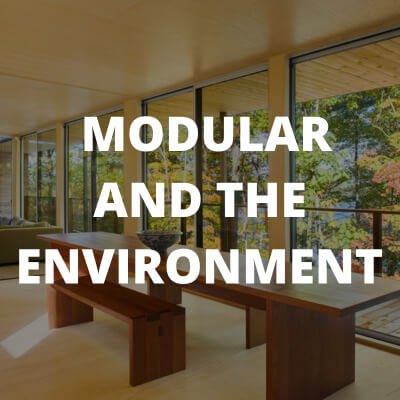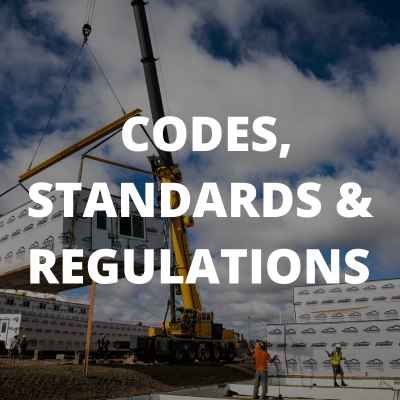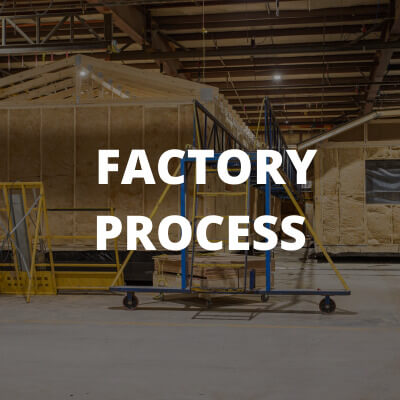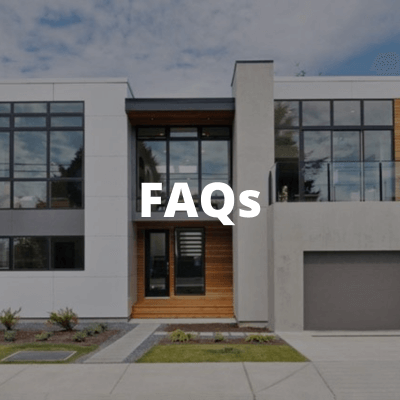About Modular
CHBA's Sector Transition Strategy
With the chronic lack of supply driving up house prices, the federal government has determined that Canada must double housing starts and build 5.8 million homes over the next decade to address the housing deficit and tackle housing affordability. However, there are currently many challenges that will make it impossible to reach that target without substantial systemic change to how we finance and build homes in this country. In order to see a transition to more factory-built systems, government support will be needed initially to substantiate the business case and de-risk the investments. CHBA’s Sector Transition Strategy outlines what those risks are and what can be done to mitigate them to facilitate a mass move towards more factory-built homes, which, among other benefits, allow for faster construction with fewer delays, and will require less of a ramp up in labour. Read more here.
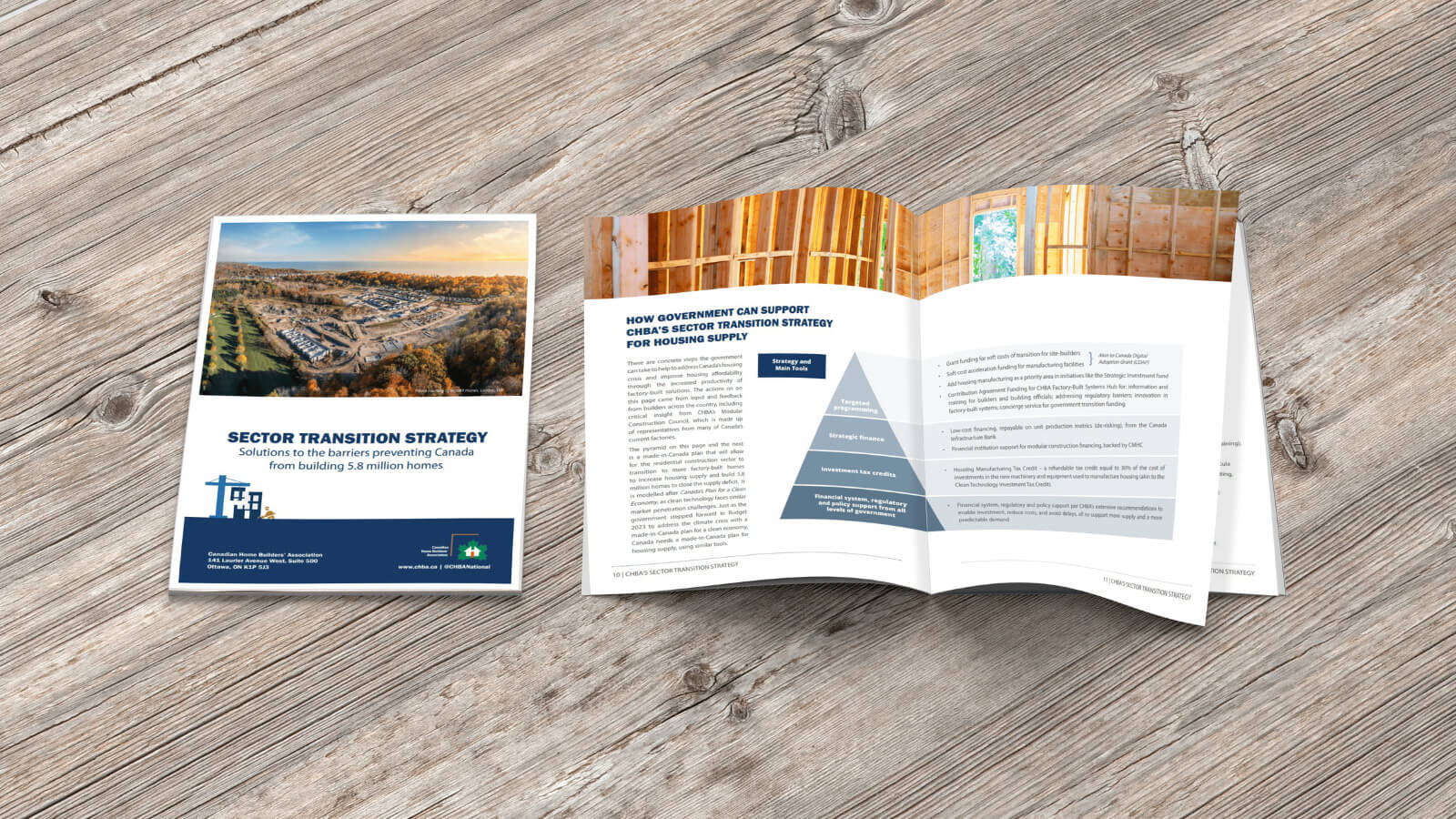
CHBA's Modular Construction Council
CHBA Modular Construction Council supports the increasing role of factory-built modular construction in the building industry.
The Council’s priority activities include the following:
- monitoring and participating in the development of codes, standards and regulations*
- liaising with codes and standards officials, government and regulatory bodies, related organizations and the public*
- facilitating research to identify and prioritize technical problems and support codes and standards development
- coordinating meetings and forums and participating in other industry events to gather intelligence and provide timely information to members
- collaborating with other CHBA councils and members to best support factory-built modular as a desirable construction option
- reporting to Council members, the CHBA Board of Directors and all CHBA members
- preparing communication tools to support the Council’s priority actions
To learn more about membership within the council, visit our national committees and councils page.
MODULAR Webinars
CODE COMPLIANCE FOR MODULAR CONSTRUCTION
Our code compliance webinar was the most attended webinar of our “Working with Modular” webinar series, and feedback from building officials was very positive, so you may want to check it out. This page on our All About Modular hub is also packed with information. You can also check out our
FAQ page where we have documented the answers to many questions we have received from building officials.
MODULAR AND THE ENVIRONMENT
Find out about net zero energy efficient modular construction. Spoiler alert—it’s virtually the same as net zero site-built construction, with some advantages. Modular construction also has some advantages when it comes to greenhouse gas emissions reduction, and climate resilience in relation to wildfire, flooding and high winds. Click here for more information.
THE FACTORY-BUILT PROCESS
Have you ever been in a homebuilding factory? If not, here is your chance to take a look. This webinar starts with a fly-though of one of our members’ factories. We also explain in detail how the process documents the specifications for each building and stores records for at least five years. Go check it out.
Rapid Housing and Horse Dance Lodge
Part of the federal government’s Rapid Housing Initiative, Horse Dance Lodge, or misatimosimôwin mîhkowâp in Cree, is a showcase example of the power of partnerships and utilizing advancements in multi-unit modular housing development. The 29-unit supportive housing complex was craned in Regina, Saskatchewan over 2 days in April 2023 and completed just 5 months later. Designed and engineered by Indigenous-owned firms in collaboration with Big Block Construction, the complex is owned and operated by entities under File Hills Qu’Appelle Tribal Council. Today, it is a transitional place for people in need of supportive housing, empowering them to move toward independence.

